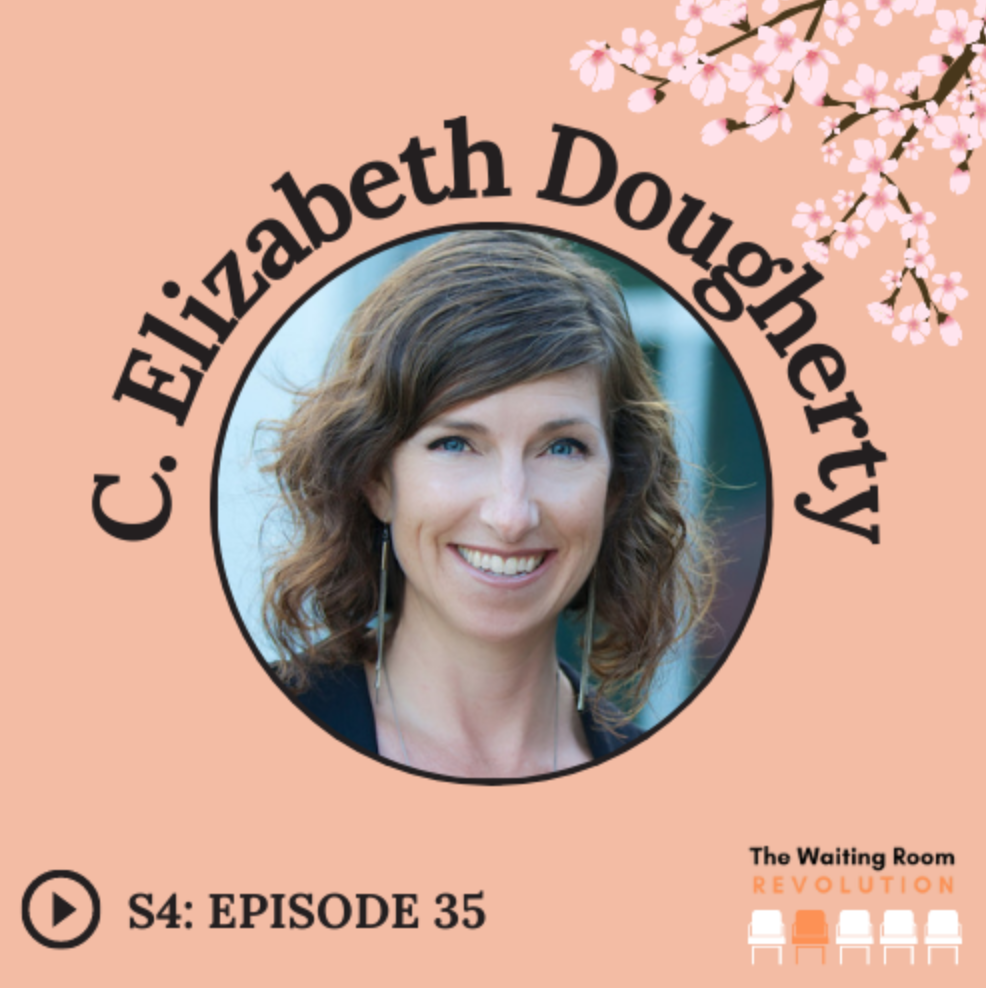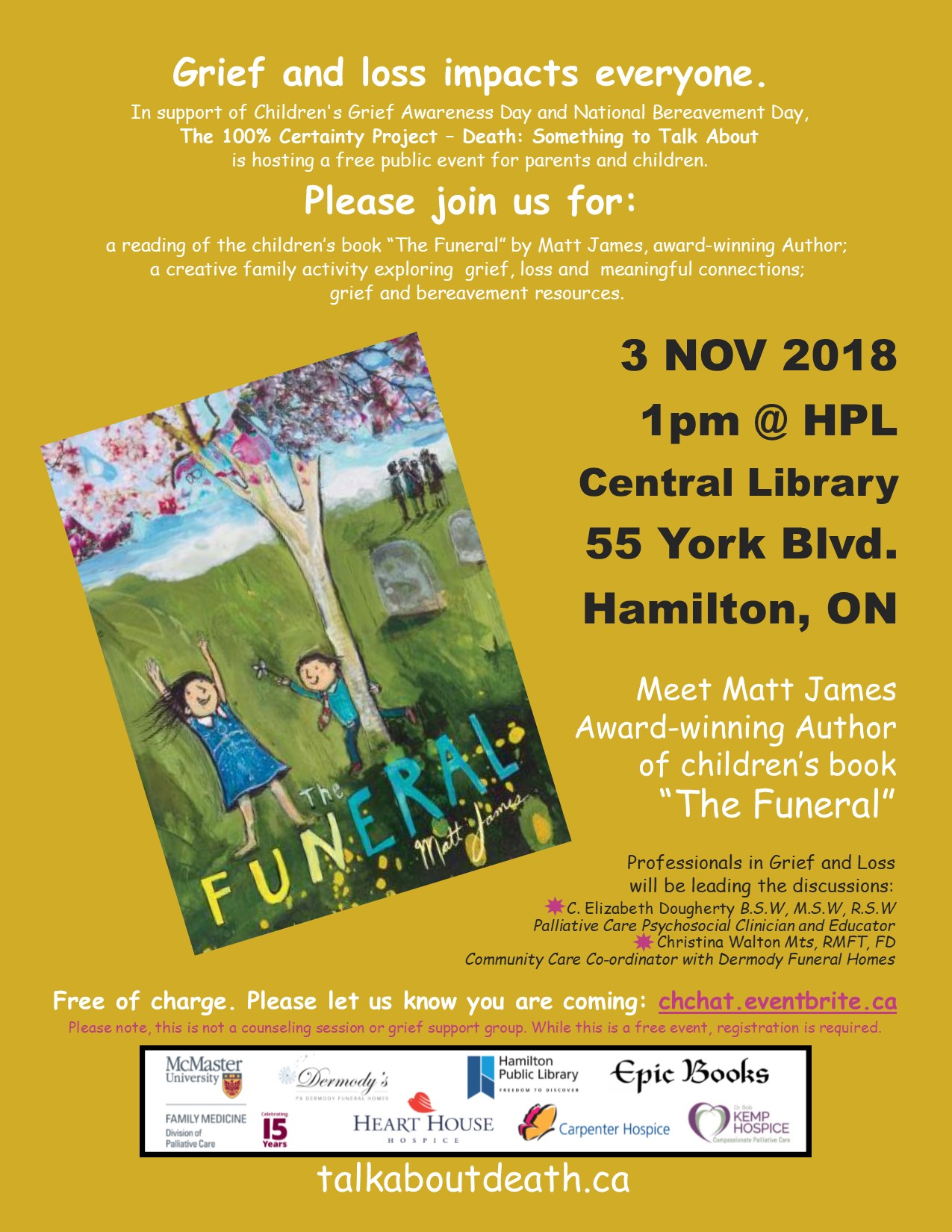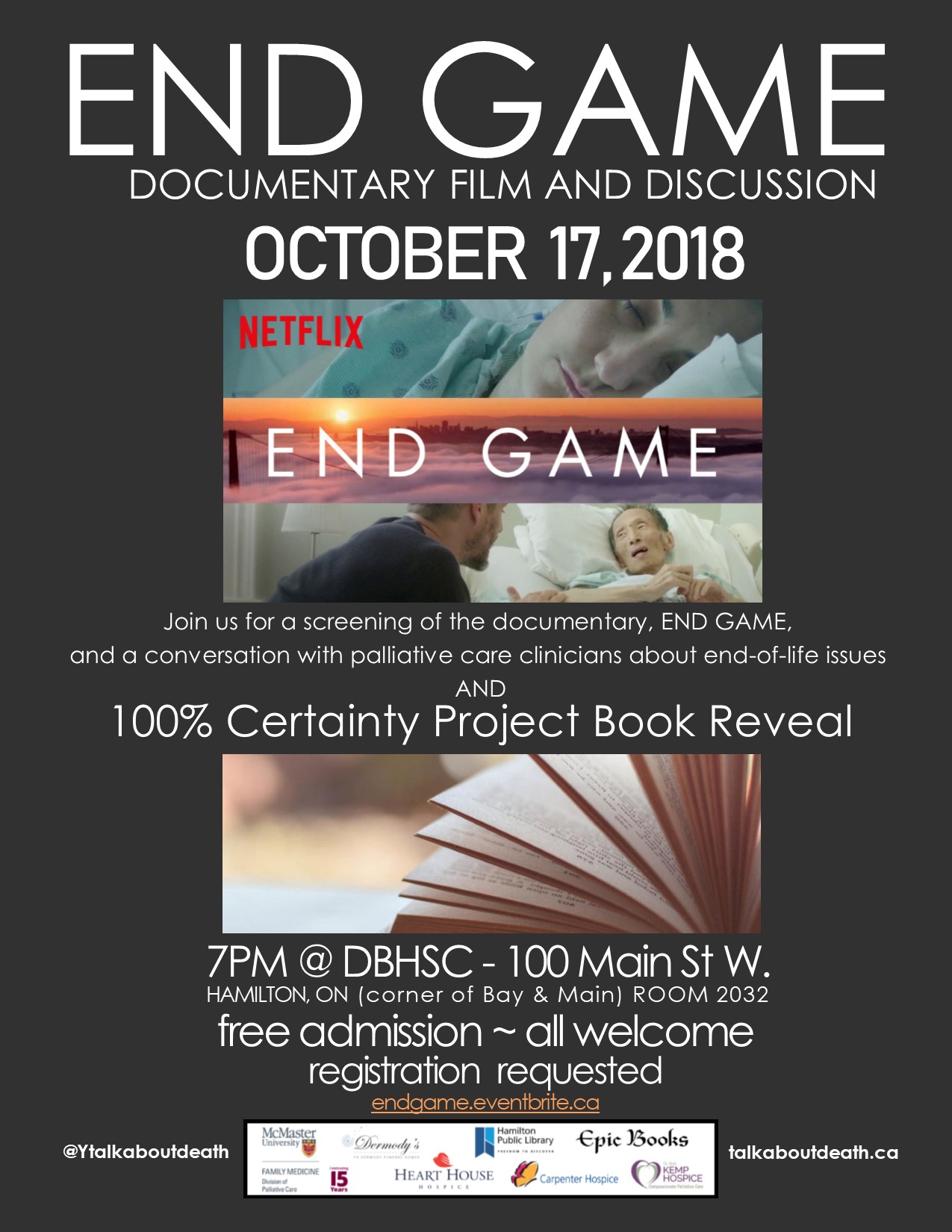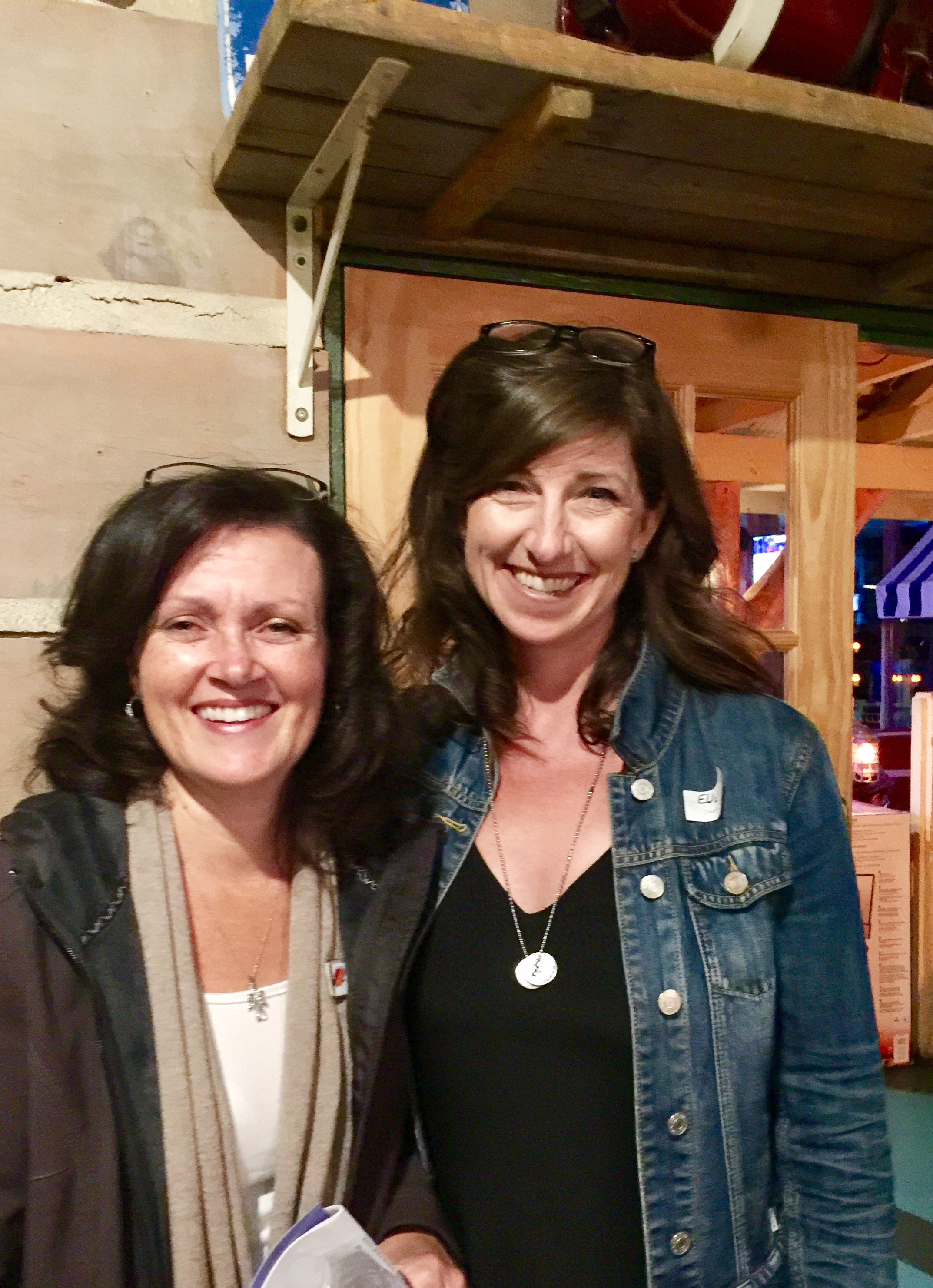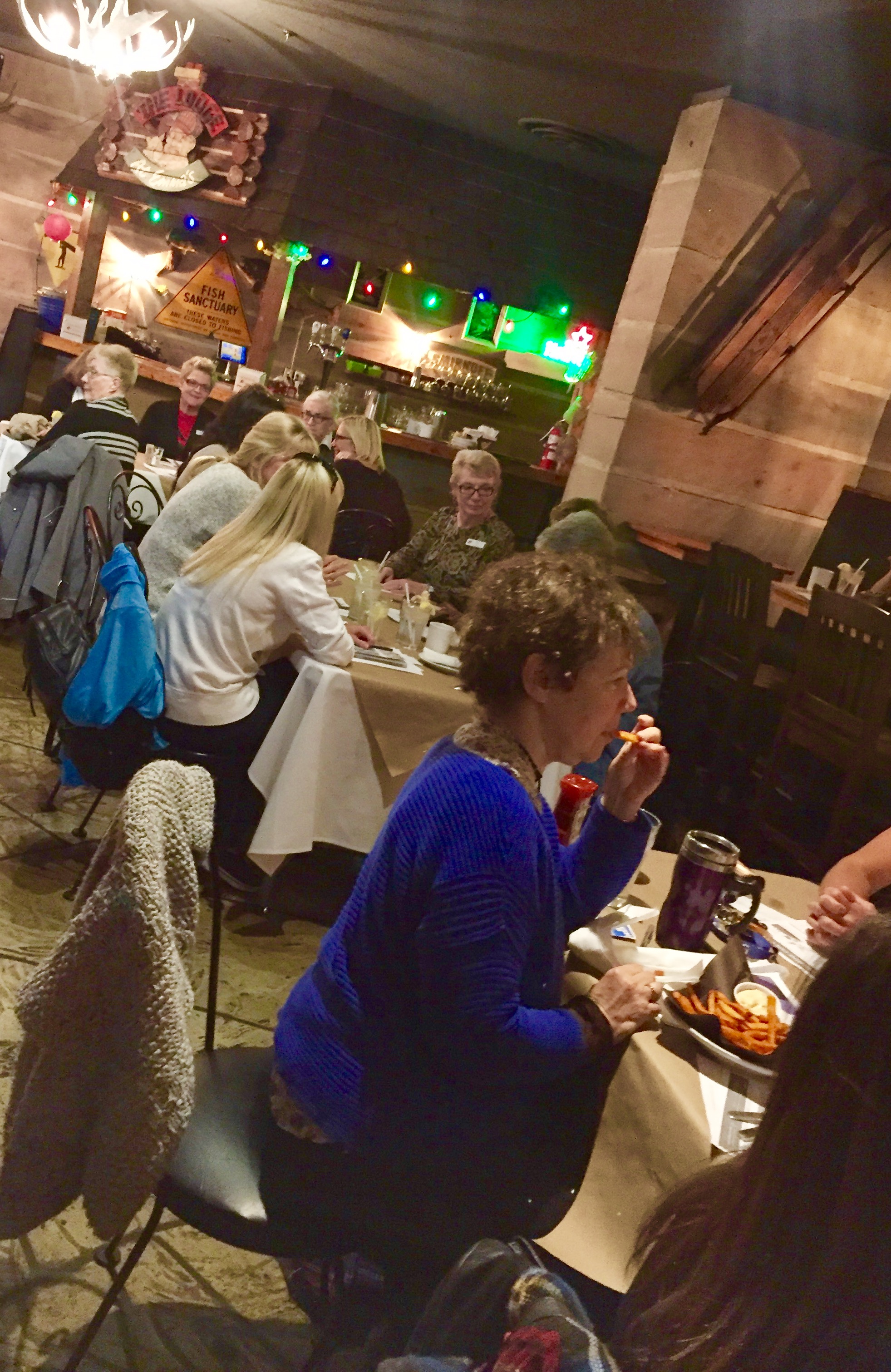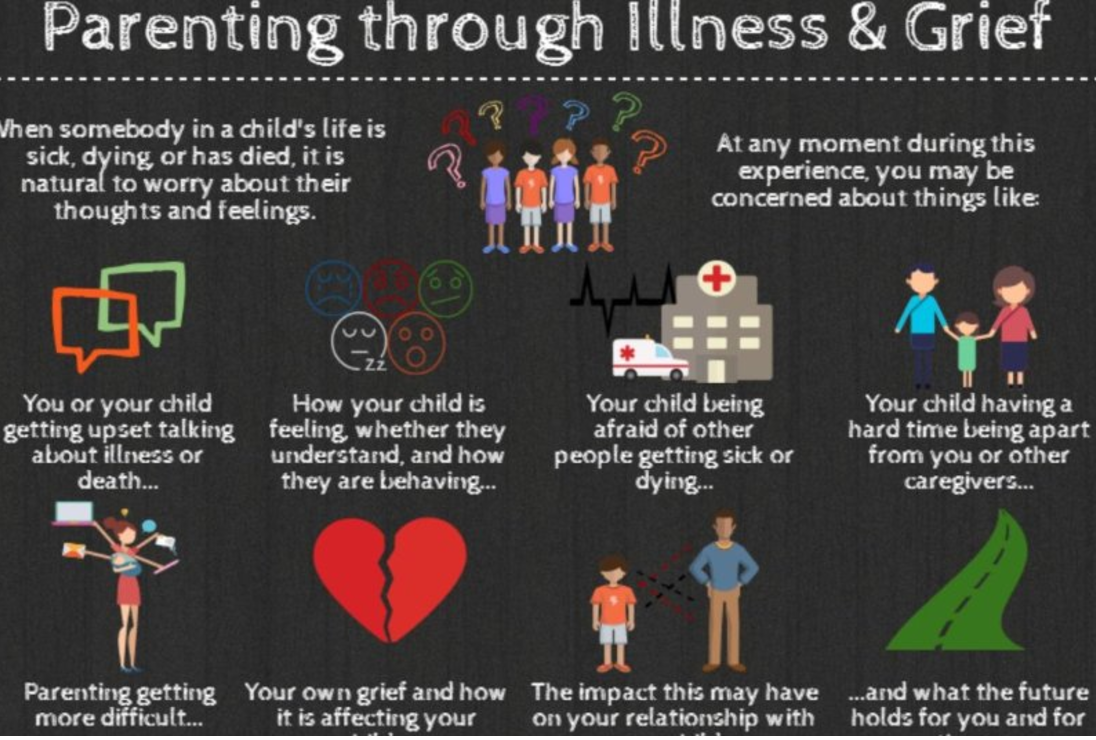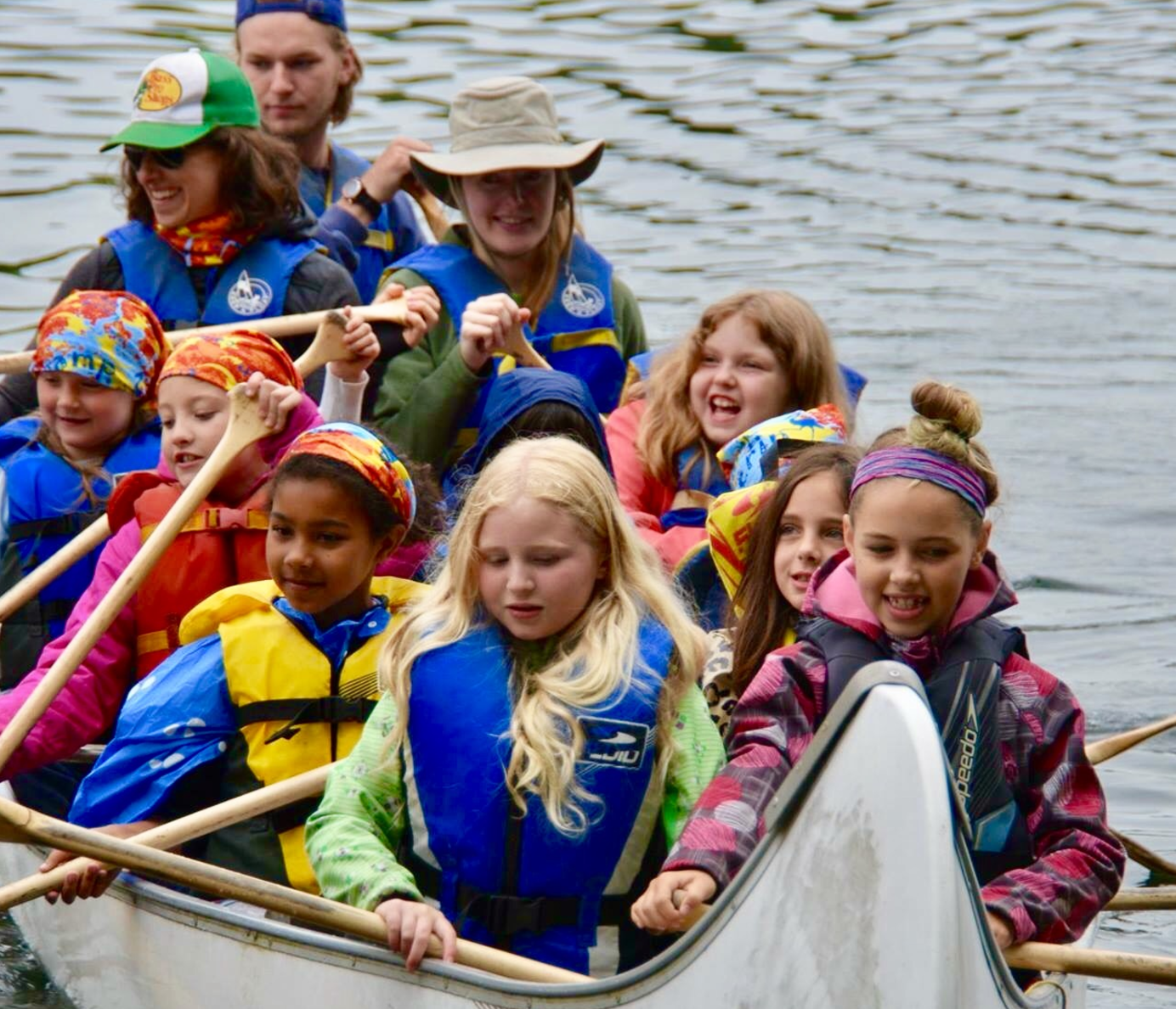I am a Palliative Social Worker and for the past 17 years have had the privilege of caring for people facing a life-limiting illness. It is an intimate and profound experience - sitting alongside people as they face end-of-life. They share their hopes and fears - about living and dying - and about caring for and leaving behind those they love. Trying to protect their families while also wanting to prepare them. Grieving these losses begins at time of diagnosis.
I recognize the importance of creating safe spaces and making time to have these essential conversations. A specific legacy project creates opportunities for the individual and family* to do just that - to hold on, while letting go. We meet together to explore the impact of the illness, to talk about goals and plans, to acknowledge their grief and honour connections. This project can be completed with families large or small, and include children of all ages. That Project? While the results have been profound, the activity is, quite simply, creating a “Hug”.
The physical embrace of a Hug is comforting for anyone in a time of need. In this instance, it is a creative legacy project that can be completed by anyone, anywhere at any time and is then exchanged as a lasting memento. The Hug can be taken to any significant place or event: to school, a little-league playoff game, during an admission to hospital or hospice, or even once someone has died, these hugs can be buried or cremated and remain with a loved one forever.
Although tantamount to making a scarf, it is more importantly symbolic of the outstretched arms of a loved one, it becomes a personalized “Hug”. The components are basic… a flat sheet, markers or fabric paint, scissors and willing participants. After laying a sheet on the ground, one person lays on top of the sheet while another traces around their outstretched arms and hands. After sitting up, lines are drawn connecting each arm and then taking scissors, cut along the outline. Each Hug is then adorned with messages and images of the shared connection and becomes a tangible expression of their love.
I have completed this activity with anyone wanting to participate, whether ambulatory or bed-bound. For those who are bed-bound, after carefully sliding a sheet behind their shoulders, the family tenderly helps to hold and trace their outstretched arms and hands. Throughout this activity, the individual and family share stories and a profound connection, with each gentle movement and precious memory cultivating an incredibly intimate experience.
Language, distance or time do not serve as barriers. I have completed this activity when families speak a language different from my own. Despite communicating through an Interpreter, the conversation remains seamless throughout as the family creates a beautiful and moving tribute while supporting each other in their shared love and grief. This supportive intervention has also bridged great distances, even though families were thousands of miles apart, they completed and sent their personalized hugs via courier to be at the bedside of their dying loved one. I have also completed this project with children following the death of a parent (many of whom had not been informed about the disease or prognosis in advance). Although a parent - or any loved one might die before the family has an opportunity to have these conversations, it is so important to facilitate therapeutic activities to collectively express their grief while honouring the connection with their loved one.
While this “Hug” is essentially an expressive arts project, it creates and holds significant therapeutic value for all involved. It is a collaborative experience for the family to honour connections while preserving a legacy. Though each experience is unique, what remains universal are the shared laughs, tears and a multitude of stories - whether with a partner, children, grandchildren, siblings, parents, cousins, friends (or all of the above), they create reminders of shared experiences, connections and precious memories.
I believe as Health Care Professionals, we can provide invaluable opportunities for families to connect, and collectively process experiences from time of diagnosis through to end-of-life and into bereavement. I feel extraordinarily privileged that families allow me into their lives - however brief, I hold that time as sacred and do all I can to foster these connections while honouring the legacy of those living and dying.
(family* is defined by the individual - be it partner, children, parents, siblings, neighbour, friend, etc.)

